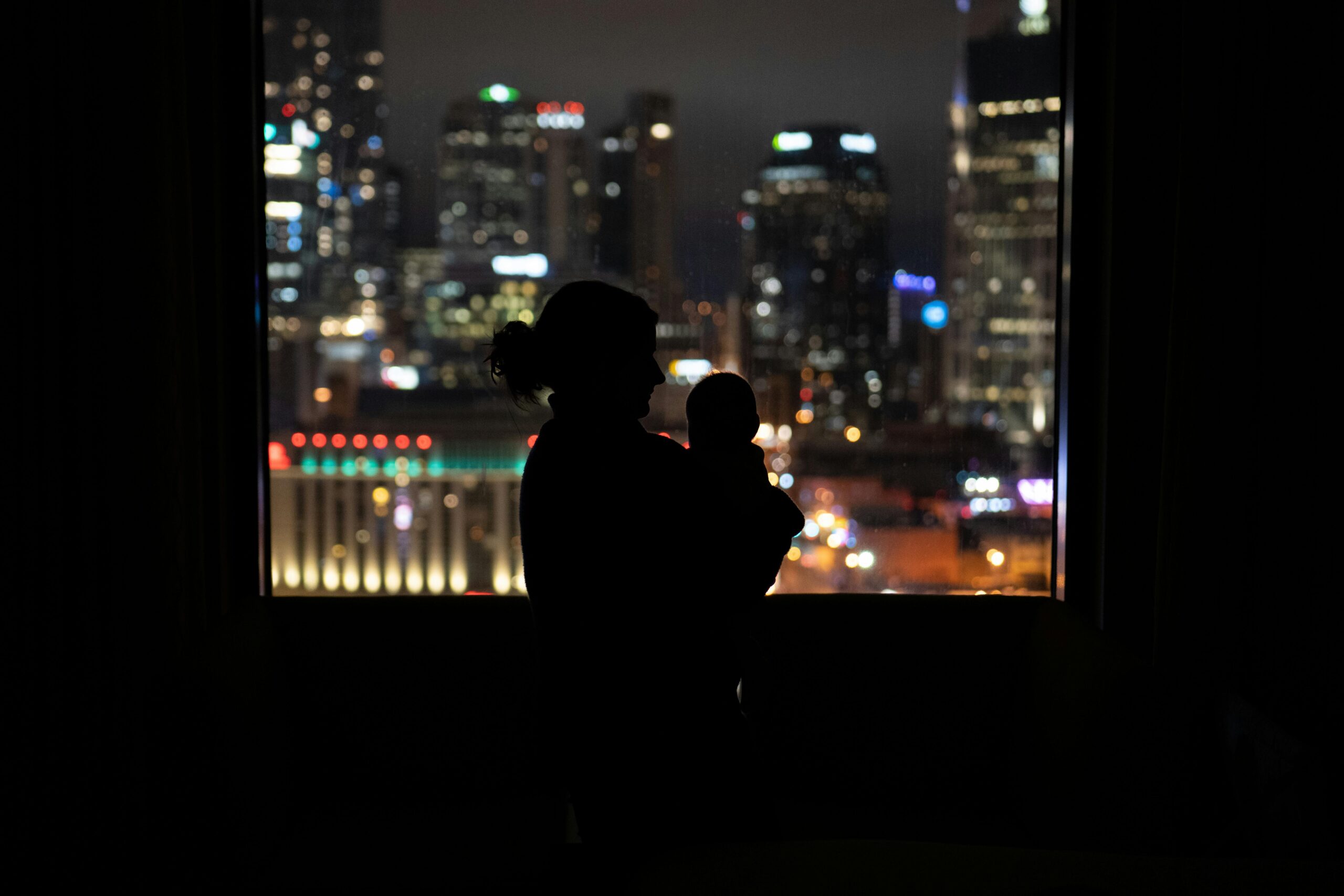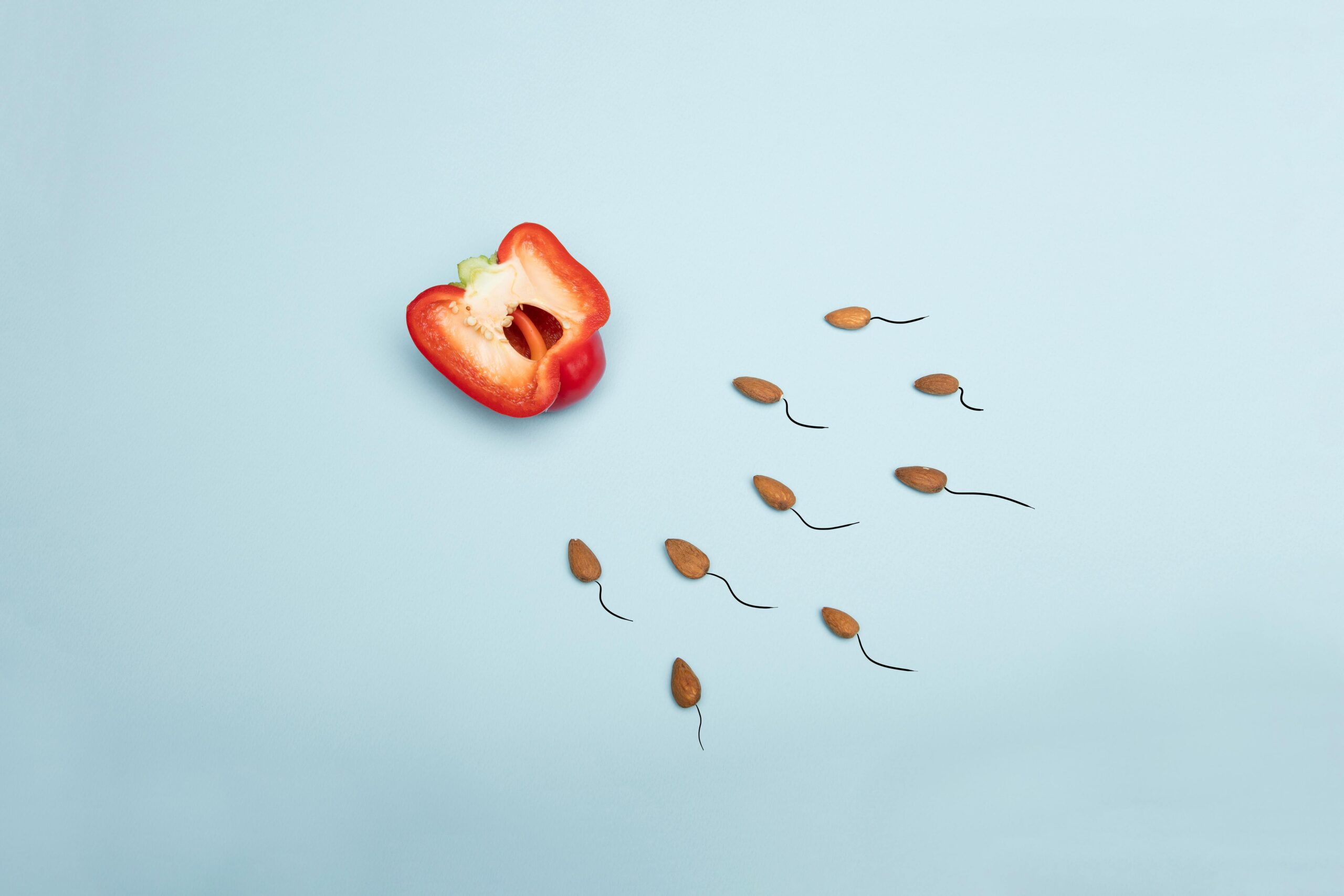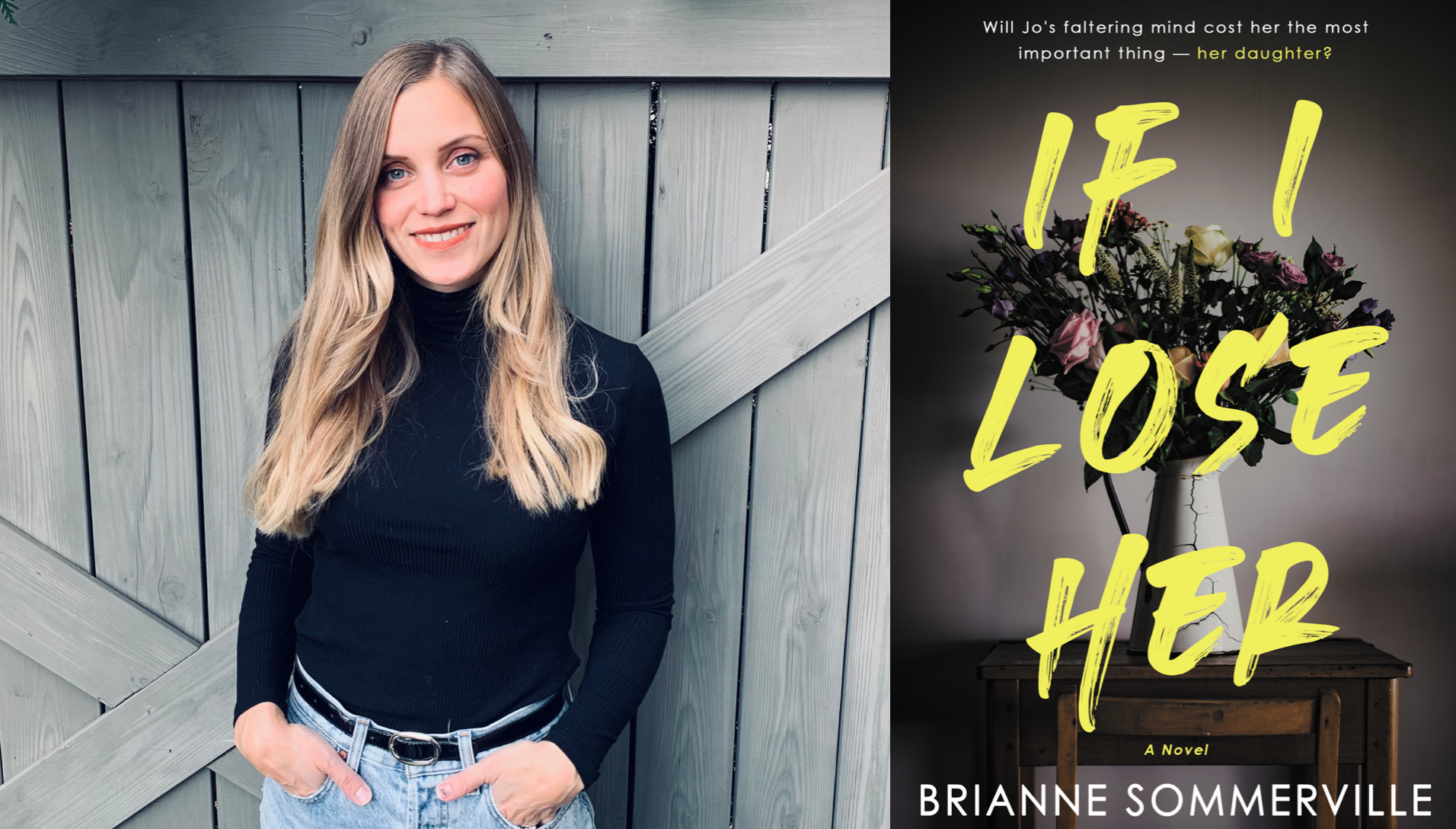
It’s a hard job being a working parent. Society tells you, “you can have it all”, but the reality is often very different. There are so many challenges – finding affordable and appropriate childcare, maintaining relationships, coping with sleepless nights, and achieving work/life balance to name just a few. Despite many societal changes designed to make things more equal, many of the burdens of combining work and home life still fall on working mothers.
With the uptick in conversations and cultural movements to tackle the aforementioned issues, it brings into focus a more realistic take on on the proverbial village we often hear about (“it takes a village to raise a child”…), that is supposed to swoop in when a child is born.
Maltesers, the globally-loved confectionary brand, has had a longstanding commitment to use its profile to improve the ways in which women are represented in society. They launched a campaign called #MotherLover, which aims to celebrate the village around moms building on a global study carried out by Mars Inc. in 2021 “Here to be Heard”, which exposes the barriers to gender equality that women are facing today. They conducted extensive research in the UK to understand just how tough it can get and, more importantly, what we can all do to help.
The research found that 69% of working moms in the UK feel they have suffered some type of discrimination or negative treatment in the workplace due to becoming a mother, and 55% of moms say they need more help from employers and colleagues to be the working mum they want to be.
Some of the challenges they uncovered are unsurprisingly gendered and don’t play out the same way for men as for women – for example, child care facilities are more likely to call the mother if there is a problem, regardless of who is the primary carer.
UK Charity Pregnant Then Screwed, founded by Joeli Brearley who was fired from her job 4 months into a high risk pregnancy, advocates for others who have experienced pregnancy discrimination, while also launching awareness campaigns to pressure the government to revise its outdated policies relating to working parents. The organization states that 54,000 women a year lose their job simply for getting pregnant. In addition, 390,000 working mums experience negative and potentially discriminatory treatment at work each year.
Additionally, pregnant women and new mothers have limited access to justice, demonstrated by the fact that fewer than 1% of victims take legal action against a discriminatory employer. They state that by the time a woman’s first child is 12 years old, her pay is 33% less per hour than a mans.
Clearly we have a long way to go, and Maltesers are hoping this campaign can generate the type of support for working mothers’ wellbeing that is missing. For #MotherLover they partnered with Peanut App, the fastest-growing online community for mothers at all stages of motherhood. Together, they launched a new content hub ‘Work & Motherhood’ which provides actionable tips, tools, and real-life advice from real mothers.
In celebration of this new hub, and in recognition of the need to continue raising awareness to push for change, we had the chance to speak with three women who are part of the campaign, and wanted to share their first-hand experiences as working mothers in the UK.
Miah Whittier

Miah Whittier, mother of two, had her first baby in a domestic violent relationship. Working 10am till 10pm shifts in children’s care homes, she was worried how she would best manage shifts, being pregnant and having to go on maternity leave. She also did not know much about the maternity leave process.
However, Miah’s work were incredibly supportive of her during pregnancy. They helped her move to a low risk house, scheduled her duties around her scans and appointments so she wouldn’t have to take time off work, and ensured Miah felt more informed by HR about maternity leave and her rights.
On return from maternity leave after a year, Miah had left her abusive relationship and was apprehensive about returning to shift work while being a single mom. However, her manager ensured she was able to return in a way that worked for her and her family – selecting locations close to home, the choice of coming back as a casual member, and providing training to bring her up to date. Now, following her second child, Miah is in the process of interviewing and returning back to work.
How has your supportive network made a difference in your ability to thrive as a working mother today?
They say it takes a village – and that’s no joke! Having a supportive network is everything to me, especially when it comes to juggling work and parenting. On my return to work as a care worker after my first year of maternity leave, my network made all the difference. My manager ensured I was able to return in a way that worked for me and my family – I was able to work in locations close to home, had the choice of coming back as a casual member and was brought up to speed quickly with all the training they offered me. I wouldn’t be thriving as a working mother without them! I’m so thankful.
Were you informed about your rights and opportunities afforded to you from the start, or was it something you learned along the way?
I knew very little as this was my first pregnancy. Maternity rights and opportunities weren’t things I had really thought about until I became pregnant, and if you don’t ask, these conversations rarely arise naturally. This came up in Maltesers’ research findings, with the results showing that 22% of moms in the UK don’t have maternity policy information readily available at their workplace.
When I became pregnant with my first child, I was in an abusive relationship and working 24-hour shifts in children’s care homes. I was not only worrying about what pregnancy would be like for me and how I’d juggle my scans and appointments whilst working a difficult and hands on job, but worrying about how I was going to manage shifts. The maternity leave process felt like an overwhelming unknown but my work was so supportive and alleviated a lot of these worries.
Leaving an abusive relationship no doubt added more stress to an already stressful time. How are you and the kids doing today and how do you feel about your safety?
My daughter, who is now 8 years old, and I are extremely close and she is thriving. I have gone on to have another little girl with an amazing man and we are expecting again. It took me an incredibly long time, some therapy, and even medication to finally be able to say I feel safe and secure but I’m so grateful to my partner for all the love, patience and support he has given me throughout my recovery years.
Who has been your go-to person when you need help with the kids in a pinch?
I have an amazing group of mum friends at my child’s school who are always there to help at the drop of a hat if I need them.
What advice would you give to other working mothers if they are going through a difficult situation right now and need help?
It can be a daunting thing to do, but my biggest piece of advice would be to create your own village. It literally takes a village to raise children! My family, my partner, and his family have been so supportive. In fact, my sister and I speak each morning and remind each other that “you can do it!” and “you got this, girl!” before going through our to-do lists for the day together.
I’ve also found such an amazing community in the school moms. I know there’s always someone I can lean on to pick up the kids if I’m in a meeting or an appointment and vice-versa. It’s all about sharing the load and creating those communities and a great place to start can often be online. I’d encourage moms to check out the Peanut app and the Work & Motherhood Hub and community group. To be able to relate to other mothers in your situation makes you feel human. You could also have a look at the Maltesers Lighten the Load hub that’s full of resources.
Tolu McCarthy

Tolu McCarthy is a music teacher and recently returned to work after having her first baby. Working as a teacher for 10 years, Tolu used her maternity leave to further her career engaging in subject development, conferences, public speaking, writing and is a trustee for a music education charity. She has also recently applied for a Master’s course which she’s beginning part-time in September.
Tolu’s Head Teacher has been incredibly supportive and really champions women, giving her the option to return to work part time, 3 days a week, and ensuring she had enough time to find a good nursery and return in a way that worked for her and her family.
How has your supportive network made a difference in your ability to thrive as a working mother today?
Throughout my maternity leave and now as I begin to navigate my return to work, I’ve been incredibly blessed to have people round me who have always encouraged me to follow my interests and take time for myself. Without them, I’m not sure I could juggle being a teacher, mom, charity trustee and master’s student all at the same time. And that isn’t even everything I do!
They say it takes a village to raise a child, but it also takes a village to raise a new mom and I have one in abundance. My employer, colleagues, friends, and family have helped make all the difference as I navigate the work/mom juggle and I couldn’t be more grateful.
How did maternity leave change your perspective on work and career in general?
My maternity leave totally changed my perspective on my career and my growth. I’d been in the same vocation for a decade, but I was fortunate to be able to use the time I had during maternity leave to engage in my career goals and personal development. I got back into public speaking, writing articles and became a trustee for a music education charity. I have also recently applied for a master’s course which begins in September – I thought “if not now, when?!” There will never be a perfect time, so I went for it. Maternity leave really gave me time to reflect on the teacher, mother and woman I want to be.
How important is it to have a supervisor or boss who can accommodate working families and understand the balances of having a young child or newborn?
I feel incredibly lucky that my school’s Head Teacher is so supportive and really champions women. Because of this, I had the option to return to work part time, 3 days a week but opted for 4, and the school ensured I had enough time to sort out childcare arrangements and return in a way that worked for me and my family. I know not everyone has this privilege – I was shocked when Maltesers revealed in their research that 69% of working moms in the UK feel they have suffered some type of discrimination or negative treatment in the workplace due to becoming a mother.
It can be a hard act to juggle, and I do drop the ball sometimes. It’s impossible not to. But having a workplace that champions me and does its best to accommodate working parents’ needs means the world and I do not take it for granted.
What advice would you give to other working mothers who are on a particular career track and might be worried about stopping that train to have children?
Always do what is right for you and your family, but I would encourage those women not to wait a moment longer. The world will keep turning and time will keep moving, so do what is right for you and your family. Whether you decide to return to work or not, there is a space for you and if there isn’t, be bold enough to make room for yourself.
I know some women worry about falling behind their counterparts when they take a career break to raise children, but I’ve found you can always catch up, if you want to or need to – both are valid! If you can carry and deliver a little human, trust that you’re capable of doing some extra courses or read some documents to stay up to date in your field. In my experience, you can definitely pick up where you left off. We do not have to stop progressing because we decided to raise children. As I said before, that perfect time may never come so make the most of the only time you’re guaranteed of – the present!
Olivia Moore

Mom of two Olivia Moore is employed by the NHS to support mums aged 16 – 24 who are having their first baby. As a qualified midwife and health visitor Olivia felt she would be well equip for motherhood but was in for a huge shock. Having her first baby during lockdown Olivia experienced minimal support and access to services, she was lonely and felt isolated as her partner was an essential worker.
For Olivia, her manager played a huge role in supporting her during her maternity leave and return back to work – ensuring she was able to have the support needed to return in a way that worked best for her and her family. During her second pregnancy, Olivia suffered with PTSD and her manager was a key support to help her manage workloads while ensuring she had the space and time required.
During her most recent maternity leave she partnered with her friend (another midwife) to launch an organization called @the.maternity.house, a community space which hosts workshops, events for moms alongside corporate mitigation (training to HR and liaising with working mums). She continues to have support from her manager, colleagues and partner to help her juggle motherhood and what can often be an emotionally draining job.
How has your supportive network made a difference in your ability to thrive as a working mother today?
For me, having people around me who understand my experiences has been crucial in ensuring I don’t feel alone or isolated. Being a working mother is extremely rewarding, but the constant juggle can often be emotionally draining. It’s reassuring to know I’m not alone in this, in fact, a staggering 79% of moms in the UK feel guilty for not spending enough time with their children. I really value the support my manager, colleagues and partner give me as it’s what helps me thrive.
Working for the NHS, what are some support systems specifically created for new mothers that people may not know about?
The NHS tend to provide specific support (beyond your new birth and 6–8-week contact) only when it’s for targeted needs. Should you feel you need extra support, the NHS health visitors are equipped to offer listening visits and are great at signposting you to local services. The more you’re aware of how you’re feeling, the better it will be to seek out the offerings available to you.
You went through PTSD in your second pregnancy but had a very supportive manager. How are you doing today with all of this and what helped you navigate such a difficult time?
Thankfully today I am well and emotionally stable, but I still have some lasting anxiety that I continue to work on. I engaged with IAPT (Improving Access to Psychological Therapy), which is a free NHS service in the lead up to the delivery of my daughter. We ‘met’ weekly via their secure video consultation programme and worked through where the trauma stemmed from, the difficulties I was facing, my triggers and we devised useful strategies to help me face my day. The practices are still useful now and the process gave me hope that if there are ever dark times ahead, I can get through it.
So many mothers feel they are well prepared, but things can change so suddenly and unexpectedly! What advice would you give to mums who are struggling with the drastic changes?
As a qualified midwife and health visitor who was focusing specifically on supporting mums aged 16 – 24 who are having their first baby, I thought I was fully equipped for motherhood – if anyone was going to be well-prepared it would be me!
However, it took me by surprise. I had my first baby during lockdown and really felt the lack of support and access to services. It left me feeling lonely and isolated. I always encourage people to share the load and ask for support where they can, but I know first-hand this isn’t always possible.
My biggest piece of advice would be for new moms to be kind to themselves: don’t put yourself under that immense pressure to get things right all the time! It’s arguably the biggest life change you can go through, so take it step by step and allow yourself to learn as you go.
Can you tell us a little about Maternity House and what you offer to parents?
I set up the Maternity House during my most recent maternity leave, in partnership with a friend who is also a midwife. The Maternity House is a community space, designed to empower and nurture women through various stages of motherhood.
We host workshops and events for mums alongside corporate mitigation, such as training in HR and liaising with working moms, to ensure they feel prepared for pregnancy and beyond.
It’s clear that there is a vital job to be done in the UK for everyone to become a #MotherLover and help lighten the load for working moms. Maltesers own research includes suggestions to the groups that can best offer the support that working moms – and all parents – need: workplace decision makers, colleagues, friends and family, dads and partners and, of course, mothers themselves.
For more information, resources and support, readers can visit http://www.maltesers.co.uk/lighten-the-load.

















